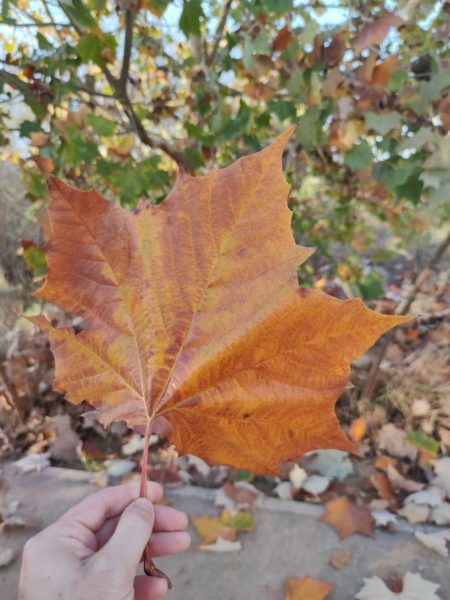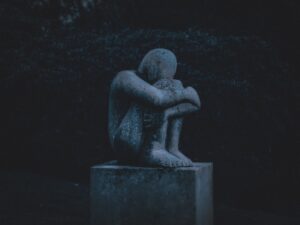
Depression is extreme despair or sadness that lasts more than days. Not feeling any pleasure or interest in daily activities, feeling down, or sad – these symptoms are familiar to all of us. However, if they continue and affect your life sustainability, it may be depression.
Depression also referred to as Major Depressive Disorder, is a severe health condition that adversely affects how you act, how you think, and how you feel. If not treated at an early stage, it can lead to a variety of physical and emotional problems, decreasing one’s ability to function at home and work.
Depression symptoms can diverge from mild to severe, including:
- Having a depressed mood or feeling sad
- Loss of desire or interest in activities once cherished
- Changes in appetite – gaining weight or losing weight unrelated to dieting
- Sleeping too much or trouble sleeping
- Increased fatigue or loss of energy
- Fidgeting – increase in purposeless activities like pacing, leg or handwringing, etc.
- Feeling guilty or worthless
- Difficulty in making decisions, concentrating, and thinking
- Thoughts of suicide
While there are many psychological treatments for depression, they are often approached when the condition worsens.
Psychological treatments can help you change your thinking patterns while improving your coping skills. Along with supporting your recovery, psychological treatments can also help you stay well by determining and changing obstructive behavior and thoughts.
However, along with therapies, there are several things you can do to fight back. Getting enough sleep, exercising regularly, setting goals, and getting in a routine, all can help you fight depression.
Before we get to the natural options, it’s important to understand that depression isn’t a sign of weakness. It is an illness that requires professional care and treatment.

Treatment for Depression
There is a variety of natural herbs, vitamins, and supplements that are well known to all of us and can help treat depression since they raise the amount of Serotonin in our brain. Here are some of them:
Saffron, Omega-3 fats, the Amino acid – NAC, Vitamin D, Zinc, and Magnesium. Other than these, there is an ongoing debate about the use of CBD oil against depression. For decades, the World Health Organization’s knowledgeable committee on drug dependency has presented a long list of conditions that CBD (Cannabidiol) may benefit from. Several studies and research on both humans and animals have shown that CBD may help reduce the effects of post-traumatic stress disorder, relieve autism symptoms, and lower feelings of isolation.
Furthermore, since 2021, there is a growth in interest in Psychedelic medicine. It is already here but still in its early stages. Psychedelic treatments are meant to help individuals cope with PTSD, traumatic disorders, depression, and other mental symptoms. On Psychedelic trips, the individual will get to explore patterns in the brain that are normally numb and hidden from his conscious. All of these can help reduce depression symptoms.
Psychotherapy, is also an effective treatment, either in combination with natural medications or by itself. Health professionals and doctors prefer psychotherapy because it can have a long-term effect that shields against symptoms recurring even after the therapies are completed.
There are different approaches to psychotherapy but it has been shown to help patients with mild to moderate depression recover easily. Psychotherapy helps patients to:
- Develop skills to cope with problems and symptoms, and prevent or identify future episodes of depression.
- It’s better than the addictive use of prescription medications. Natural remedies are much safer.
- Identifying distorted thought processes that contribute to feelings of helplessness and hopelessness.
Final Words
If you think that you suffer from depression, you should seek professional assistance. The first thing to do is to talk to a therapist. Before you try any addictive prescription medication, try the natural solutions. Discuss with an Herbalist and Naturalist and there are good odds that these treatments would be the best solution to snap out of the depression.
